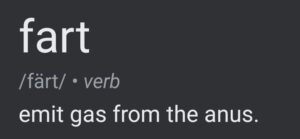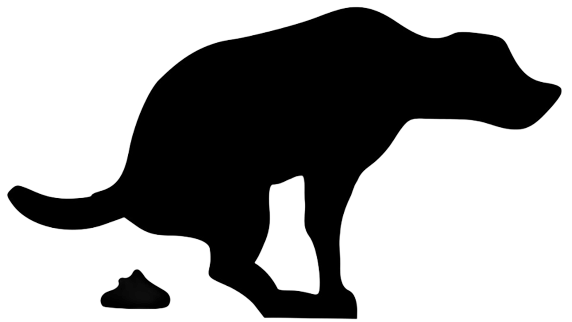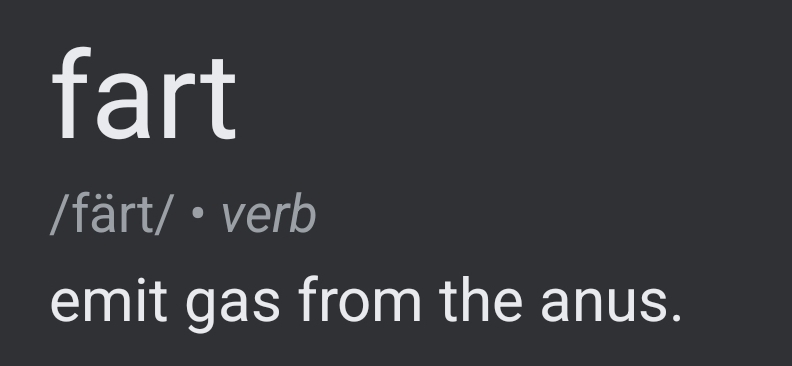The Etymology of “Fart”: Tracing the Origins of a Universally Recognized Term

“Fart,” a word that elicits giggles and embarrassment, is a universal term for a bodily function we’ve all experienced at some point. But have you ever wondered about the origins of this everyday word? In this post, we delve into the etymology of “fart” and trace its history from ancient languages to its modern usage.
The Old English Roots:
The word “fart” can be traced back to Old English, a Germanic language spoken in England from around the 5th to the 11th centuries. In Old English, “færnan” or “feortan” referred to flatulence. The word “feortan” eventually evolved into “farten” in Middle English, solidifying its place in the English language.
Germanic and Proto-Germanic Origins:
The Old English “færnan” and “feortan” find their roots in the Proto-Germanic language, a common ancestor of modern Germanic languages. In Proto-Germanic, the term “fertan” or “fertun” meant “to fart.” This word, like many others in language evolution, underwent changes and variations over centuries to become the word we know today.
The Onomatopoeic Nature of “Fart”:
One interesting aspect of the word “fart” is its onomatopoeic quality. Onomatopoeia is a linguistic device where the word itself imitates or suggests the sound it represents. In the case of “fart,” the word itself sounds like the abrupt expulsion of gas, making it a perfect fit for the phenomenon it describes.
Cross-Linguistic Parallels:
Farting, being a universal human experience, has its own terminology in various languages. For example, in French, it’s “péter,” and in Spanish, it’s “tirarse un pedo.” These terms, while unique to their respective languages, all reflect the commonality of experiencing and discussing this natural bodily function.
Historical and Cultural Perspectives:
Throughout history, flatulence has been a subject of humor, embarrassment, and even cultural significance. In some cultures, like the ancient Romans, passing gas was considered a normal and humorous bodily function, often depicted in art and literature. In other cultures, it has been a taboo subject, leading to various euphemisms and polite expressions to describe it.
Modern Usage and Humor:
In contemporary English, “fart” remains the most widely accepted and recognized term for flatulence. It’s commonly used in casual conversations and humor, often appearing in jokes and comedic contexts. The subject of farting continues to be a source of laughter and amusement for many.
Conclusion:
The word “fart” has a long and fascinating history, tracing its origins from Old English to Proto-Germanic roots. Its onomatopoeic quality and universal recognition make it a curious and humorous term in the English language. While often the subject of jokes and laughter, it’s also a reminder of our shared human experiences and the quirks of language evolution. So, the next time you hear a snicker or a burst of laughter after someone passes gas, you can appreciate the linguistic journey that brought us the word “fart.”







